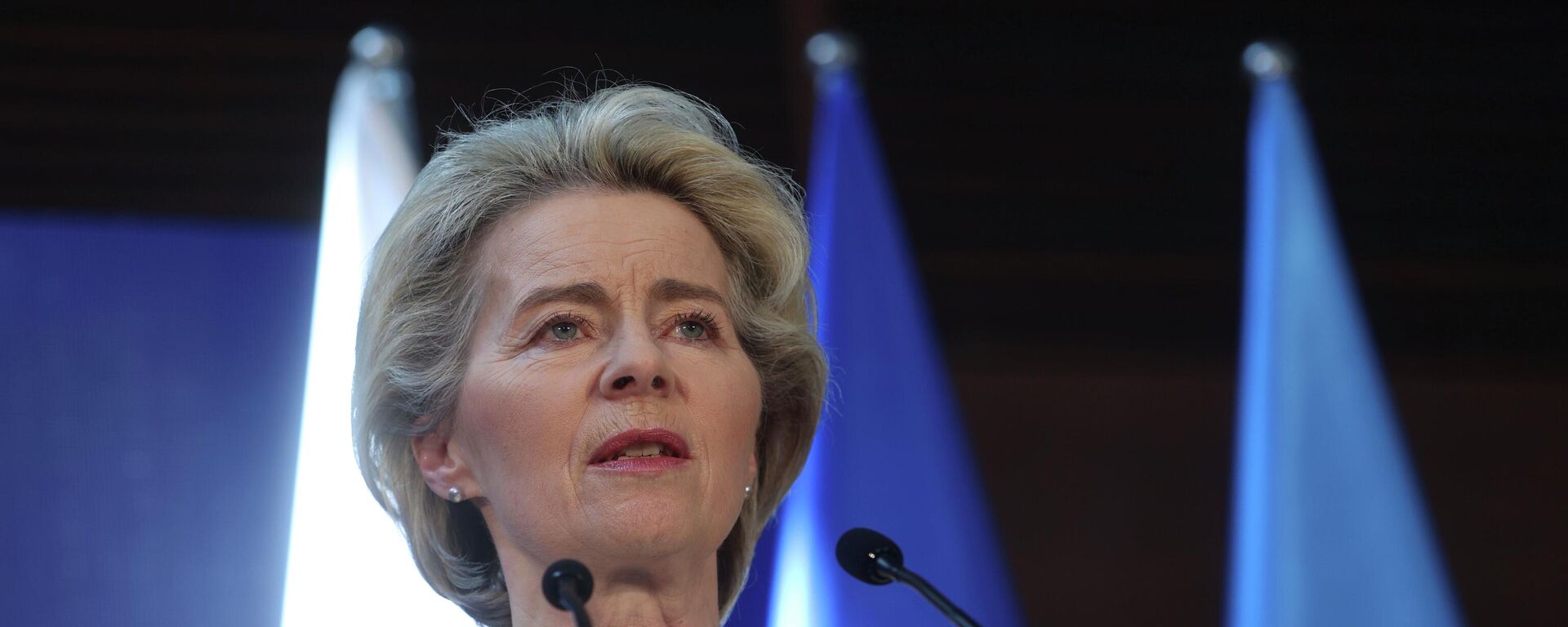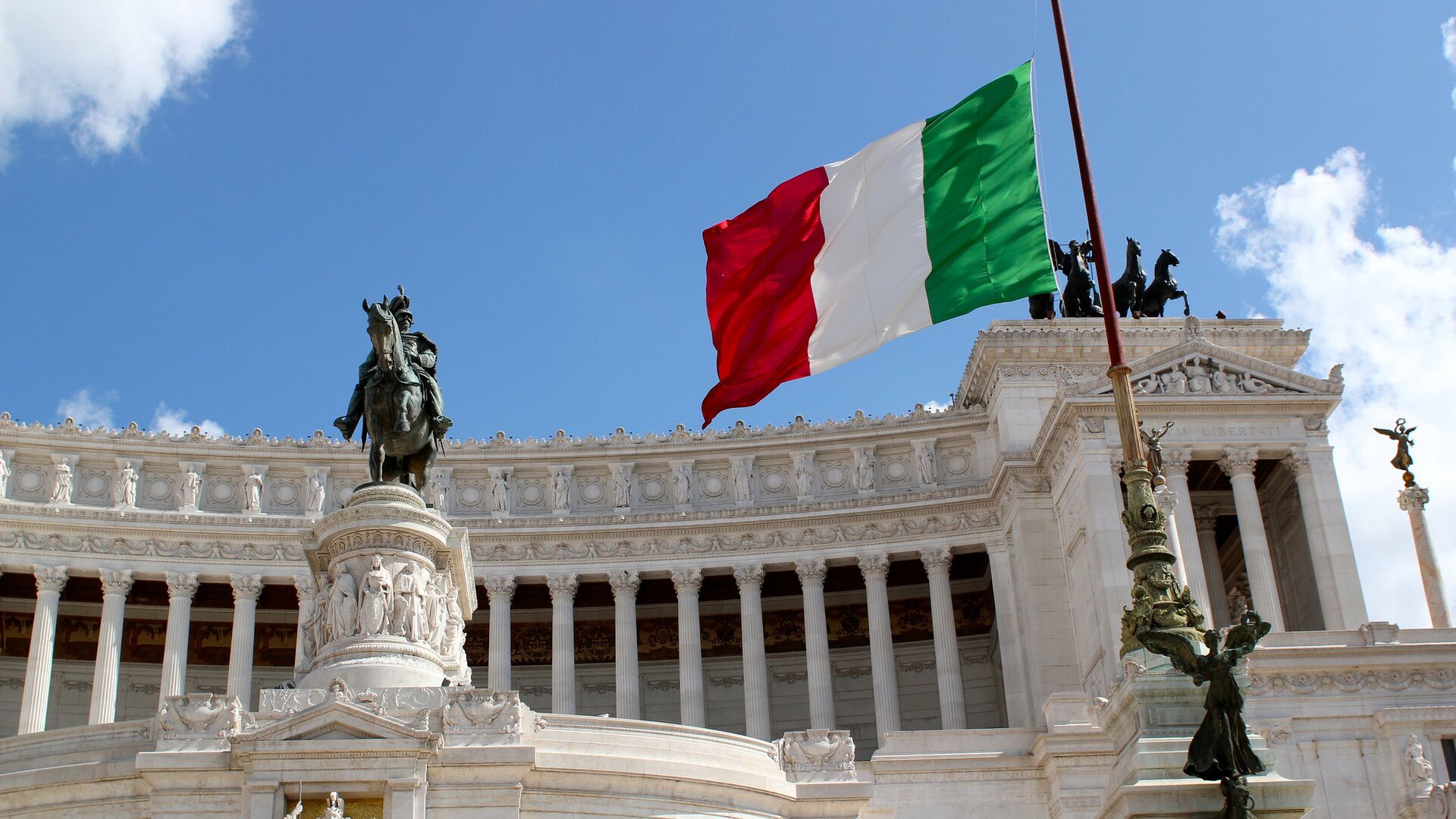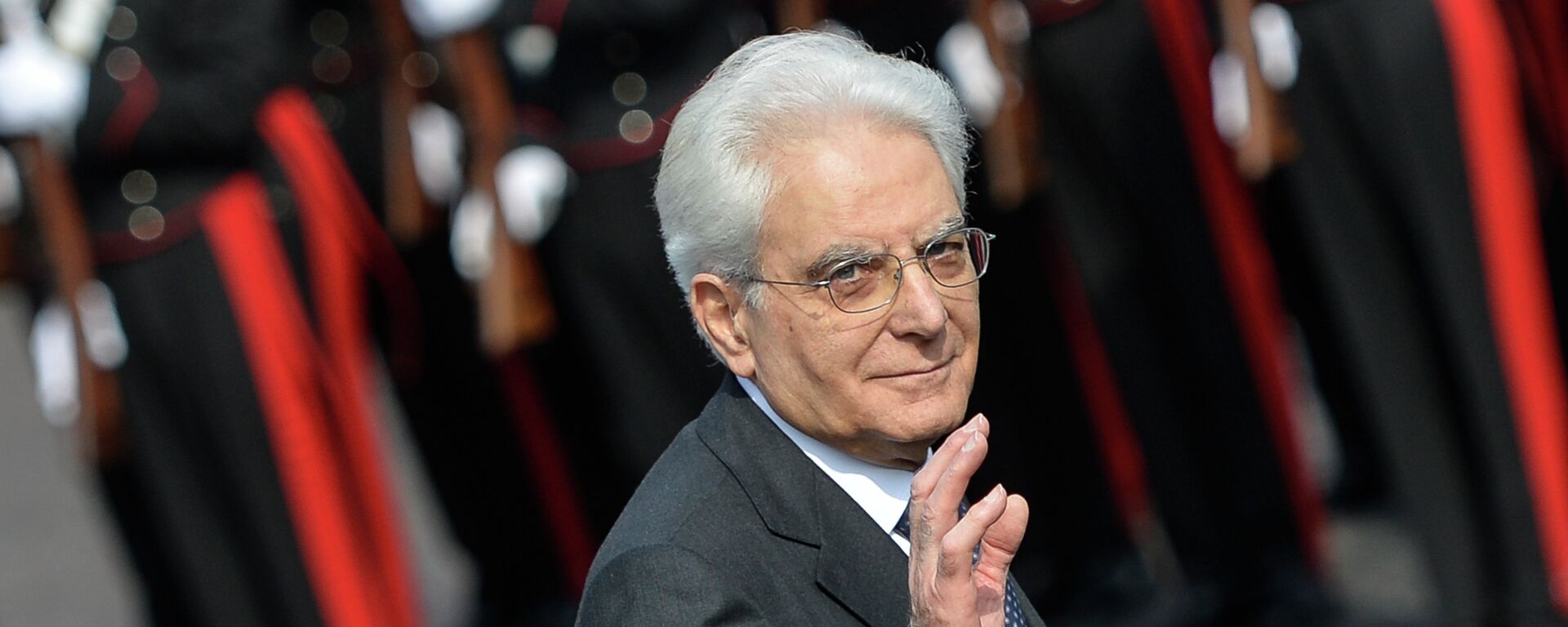https://sputnikglobe.com/20220925/italys-snap-election-who-is-running--when-can-results-be-expected-1101197978.html
Italy’s Snap Election: Who is Running & When Can Results be Expected?
Italy’s Snap Election: Who is Running & When Can Results be Expected?
Sputnik International
As Italy votes in a snap election on Sunday, the last survey published before a pre-election ban on 10 September showed one in four Italians planned to cast a... 25.09.2022, Sputnik International
2022-09-25T08:49+0000
2022-09-25T08:49+0000
2022-09-25T10:38+0000
world
italy
parliamentary elections
giorgia meloni
silvio berlusconi
mario draghi
brothers of italy (fratelli d'italia)
matteo salvini
forza italia
league
https://cdn1.img.sputnikglobe.com/img/105010/22/1050102235_0:107:2048:1259_1920x0_80_0_0_dfa1aa7e7cf87c562000e5e94ddbb1a9.jpg
Amid an energy crisis promising rocketing heating bills this winter, Italy is voting in a snap general election in which Giorgia Meloni is frontrunner to be the country’s new prime minister.Meloni’s Fratelli d’Italia (FdI), or Brothers of Italy party, is projected to top polls. One in four Italians planned to vote for Meloni’s conservative alliance, according to the last survey published before a pre-election ban on 10 September.The 45-year-old firebrand could become Italy’s first female prime minister at the head of a right-wing coalition that also includes Matteo Salvini's League, Silvio Berlusconi's Forza Italia, and a minor coalition partner, Noi Moderati.Here is a look at how the Italian elections work and who the main parties and candidates are.Complex Electoral SystemItaly’s general elections were originally due to take place next spring. However, the resignation of Prime Minister Mario Draghi on 21 July and the collapse of his coalition government led to the country’s general election season kicking off in August.In Italy - a bicameral parliamentary democracy - the electoral system is a mixture of first-past-the-post and proportional representation. Approximately a third of the seats are assigned according to the former system, and two-thirds with the latter.Thus, general elections decide the composition of the lower house, the Chamber of Deputies (Camera dei Deputati) and Senate (Senato), with Italians aged 18 and over eligible to vote.However, the population does not directly pick the Prime Minister, as the head of government is chosen after the new parliament convenes and a candidate needs to win a confidence vote and the president's approval.The present electoral system in Italy favors coalitions over individual parties. With a majority threshold at 40 percent of seats, the number of the latter has been slashed since a 2020 referendum. Thus, Italy is voting for 400 MPs as opposed to 630 previously, and the number of senators has been reduced from 315 to 200. The actual process to confirm the country's next leader could take several weeks.When Are Results Expected?After polls close at 11pm, the ballot papers for the election of the Senate are counted first. By 11.30pm the first exit polls can be anticipated. On 26 September the first official projections based on data from polling stations are expected to start coming in.The winners of Sunday’s elections are likely to be declared by Monday evening at the latest, after which the new parliament is then formed, with lower and upper house seats allocated through the above-mentioned combination of the systems of proportional representation and first-past-the-post. Both Houses of Parliament, the Chamber of Deputies and Senate, will need to elect the speaker of each house and the heads of coalitions/parties.President Sergio Mattarella will then start consultations with the speakers of both houses and the parties’ representatives to assess whether there is a majority supporting a new government in parliament. This process could continue until mid-October.Once a majority has been confirmed, Mattarella will consult with the winning coalition who will designate their candidate for premiership and propose a Council of Ministers. If the candidate is able to win a majority in the newly elected Parliament, the president will appoint a prime minister to form a new government.Should Brothers of Italy secure the most votes, as polls predict, it would be hard for coalition parties to justify proposing a prime minister other than Meloni. However, if parties in the winning coalition suddenly started diverging on some issues, Berlusconi and Salvini could, potentially, block Meloni, proposing another candidate for prime minister. At this point, Mattarella might intervene and choose a different PM.Who Is Running?The frontrunner, according to polls, is the so-called "centre-right coalition" (coalizione di centrodestra) which comprises four parties: Giorgia Meloni's Brothers of Italy (Fratelli d'Italia, FDI); Matteo Salvini's Northern League (Lega Nord, LN); Silvio Berlusconi's Go Italy (Forza Italia, FI); and Noi Moderati.On the opposite side is the centre-left coalition (coalizione di centrosinistra), based on the Democratic Party (Partito Democratico; PD), and several other small parties. The PD is currently headed by Enrico Letta, a professor and former prime minister of Italy from 2013 to 2014.Also running as a stand-alone party is the Five Star Movement (Movimento 5 Stelle; M5S), led by ex-prime minister Giuseppe Conte.The last of the four major political blocs in the fray is the so-called "Third Pole" (Terzo Polo) - a centrist coalition formed of PD splinter parties such as former minister Carlo Calenda’s Action (Azione) and ex-Prime Minister Matteo Renzi’s Italy Alive (Italia Viva, IV).Several other minor parties are also running, but polled at single-digit percentages and are not expected to obtain many seats in parliament or even reach the necessary threshold.According to the latest surveys Meloni's coalition is polling at 46 to 48 percent - well above the 40 percent threshold needed for a majority. Brothers of Italy by itself has been polling at 24 to 26 percent. The League and Go Italy are at 12 to 14 percent and 7 to 9 percent, respectively.As Meloni gave her last campaign speech in the Italian capital, Rome, before Sunday’s election, she said:Meloni said her government would be “solid and cohesive” and would return “freedom and pride” to Italy.
https://sputnikglobe.com/20220721/italian-president-dissolves-parliament-paving-way-for-early-elections-as-pm-draghi-steps-down-1097667429.html
https://sputnikglobe.com/20220923/we-have-tools-eus-von-der-leyen-warns-italy-as-right-wing-alliance-on-course-to-win-election-1101142270.html
italy
Sputnik International
feedback@sputniknews.com
+74956456601
MIA „Rosiya Segodnya“
2022
News
en_EN
Sputnik International
feedback@sputniknews.com
+74956456601
MIA „Rosiya Segodnya“
Sputnik International
feedback@sputniknews.com
+74956456601
MIA „Rosiya Segodnya“
italy, parliamentary elections, giorgia meloni, silvio berlusconi, mario draghi, brothers of italy (fratelli d'italia), matteo salvini, forza italia, league, sergio mattarella
italy, parliamentary elections, giorgia meloni, silvio berlusconi, mario draghi, brothers of italy (fratelli d'italia), matteo salvini, forza italia, league, sergio mattarella
Italy’s Snap Election: Who is Running & When Can Results be Expected?
08:49 GMT 25.09.2022 (Updated: 10:38 GMT 25.09.2022) As Italy votes in a snap election on Sunday, the last survey published before a pre-election ban on 10 September showed one in four Italians planned to cast a ballot for Giorgia Meloni’s Brothers of Italy party, putting the frontrunner on track to become the country’s first female Prime Minister at the head of a right-wing coalition.
Amid an
energy crisis promising rocketing heating bills this winter, Italy is voting in a snap general election in which Giorgia Meloni is frontrunner to be the country’s new prime minister.
Meloni’s Fratelli d’Italia (FdI), or Brothers of Italy party, is projected to top polls. One in four Italians planned to vote for Meloni’s
conservative alliance, according to the last survey published before a pre-election ban on 10 September.
The 45-year-old firebrand could become Italy’s first female prime minister at the head of a right-wing coalition that also includes Matteo Salvini's League, Silvio Berlusconi's Forza Italia, and a minor coalition partner, Noi Moderati.
Here is a look at how the Italian elections work and who the main parties and candidates are.
Italy’s general elections were originally due to take place next spring. However, the resignation of Prime Minister Mario Draghi on 21 July and the
collapse of his coalition government led to the country’s general election season kicking off in August.
In Italy - a bicameral parliamentary democracy - the electoral system is a mixture of first-past-the-post and proportional representation. Approximately a third of the seats are assigned according to the former system, and two-thirds with the latter.
Thus, general elections decide the composition of the lower house, the Chamber of Deputies (Camera dei Deputati) and Senate (Senato), with Italians aged 18 and over eligible to vote.
However, the population does not directly pick the Prime Minister, as the head of government is chosen after the new parliament convenes and a candidate needs to win a confidence vote and the president's approval.
The present electoral system in Italy favors coalitions over individual parties. With a majority threshold at 40 percent of seats, the number of the latter has been slashed since a 2020 referendum. Thus, Italy is voting for 400 MPs as opposed to 630 previously, and the number of senators has been reduced from 315 to 200. The actual process to confirm the country's next leader could take several weeks.
When Are Results Expected?
After polls close at 11pm, the ballot papers for the election of the Senate are counted first. By 11.30pm the first exit polls can be anticipated. On 26 September the first official projections based on data from polling stations are expected to start coming in.
The winners of Sunday’s elections are likely to be declared by Monday evening at the latest, after which the new parliament is then formed, with lower and upper house seats allocated through the above-mentioned combination of the systems of proportional representation and first-past-the-post. Both Houses of Parliament, the Chamber of Deputies and Senate, will need to elect the speaker of each house and the heads of coalitions/parties.
President
Sergio Mattarella will then start consultations with the speakers of both houses and the parties’ representatives to assess whether there is a majority supporting a new government in parliament. This process could continue until mid-October.
Once a majority has been confirmed, Mattarella will consult with the winning coalition who will designate their candidate for premiership and propose a Council of Ministers. If the candidate is able to win a majority in the newly elected Parliament, the president will appoint a prime minister to form a new government.
Should Brothers of Italy secure the most votes, as polls predict, it would be hard for coalition parties to justify proposing a prime minister other than Meloni. However, if parties in the winning coalition suddenly started diverging on some issues, Berlusconi and Salvini could, potentially, block Meloni, proposing another candidate for prime minister. At this point, Mattarella might intervene and choose a different PM.
The frontrunner, according to polls, is the so-called "centre-right coalition" (coalizione di centrodestra) which comprises four parties: Giorgia Meloni's Brothers of Italy (Fratelli d'Italia, FDI); Matteo Salvini's Northern League (Lega Nord, LN); Silvio Berlusconi's Go Italy (Forza Italia, FI); and Noi Moderati.
On the opposite side is the centre-left coalition (coalizione di centrosinistra), based on the Democratic Party (Partito Democratico; PD), and several other small parties. The PD is currently headed by Enrico Letta, a professor and former prime minister of Italy from 2013 to 2014.
Also running as a stand-alone party is the Five Star Movement (Movimento 5 Stelle; M5S), led by ex-prime minister Giuseppe Conte.
The last of the four major political blocs in the fray is the so-called "Third Pole" (Terzo Polo) - a centrist coalition formed of PD splinter parties such as former minister Carlo Calenda’s Action (Azione) and ex-Prime Minister Matteo Renzi’s Italy Alive (Italia Viva, IV).
Several other minor parties are also running, but polled at single-digit percentages and are not expected to obtain many seats in parliament or even reach the necessary threshold.
According to the latest surveys Meloni's coalition is polling at 46 to 48 percent - well above the 40 percent threshold needed for a majority. Brothers of Italy by itself has been polling at 24 to 26 percent. The League and Go Italy are at 12 to 14 percent and 7 to 9 percent, respectively.
As Meloni gave her last campaign speech in the Italian capital, Rome, before Sunday’s election, she said:
“We are the real majority of the country.”
Meloni said her government would be “solid and cohesive” and would return “freedom and pride” to Italy.

23 September 2022, 14:06 GMT






